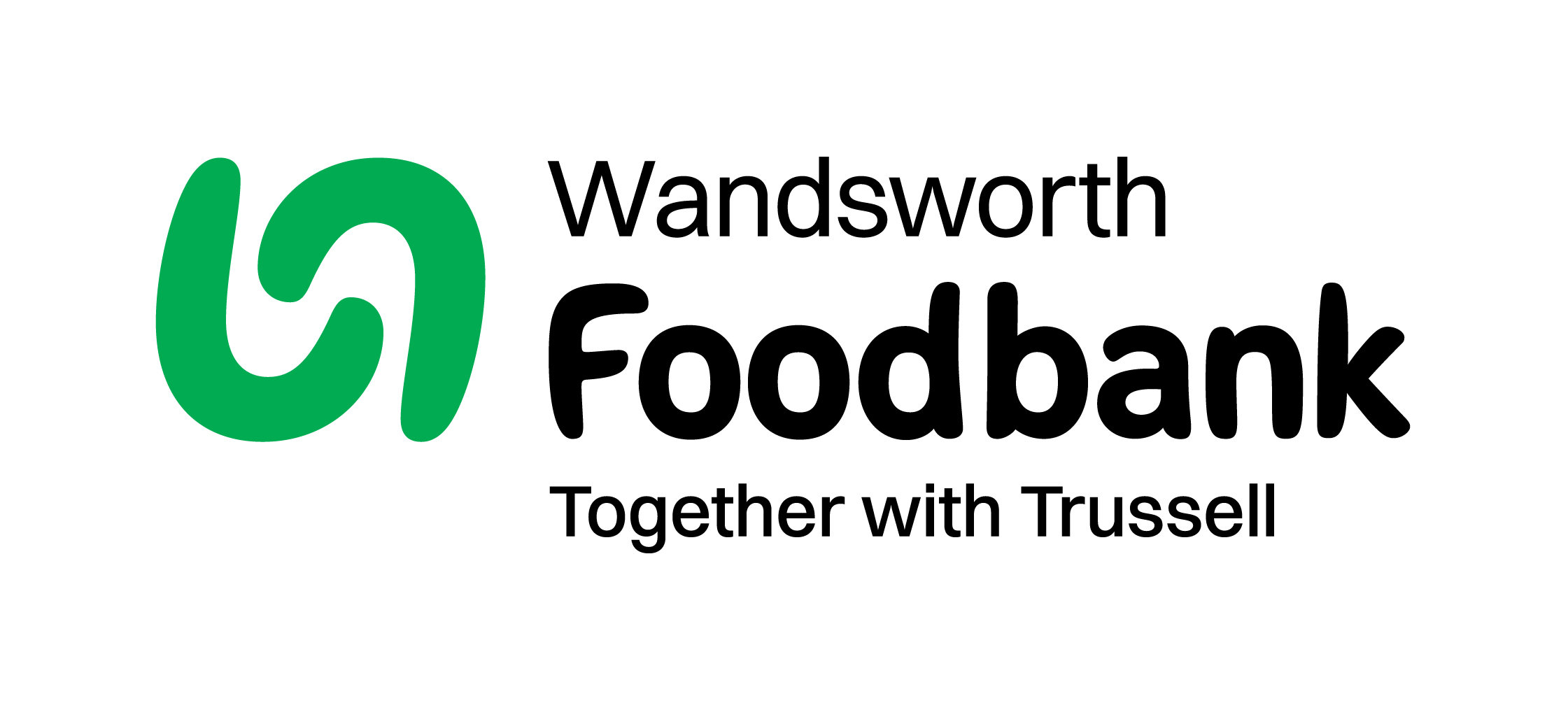Research
Pressure is rising
Our 2023 research looks at experiences of hardship, health and hunger in Wandsworth borough during 2022-23, drawing on the experiences of people who had to use our food bank and organisations who referred people to us.
Our latest report, Pressure is Rising, marks a decade since we started in 2013 – during which time we’ve seen the need for emergency food and support for people in hardship increase dramatically.
Against a backdrop of austerity, steadily rising destitution levels across the UK, the pandemic and a cost of living crisis, emergency referrals to our food bank have increased by more than 400% since 2013, to a record 5,248 referrals in 2022-23.
During 2022-23 we provided emergency food and support at least once to 5,402 individual adults and children who were referred to us in hardship – equating to 11,146 emergency supplies of food and essential toiletries, including nappies and baby food for those who needed it.
Key findings include:
- Some groups are more likely to experience hardship and need to use our food bank. Compared to the general population, people who used Wandsworth Foodbank were more likely to: have a disability or health condition that limits their daily life (64%); be a single person (48%); be a single parent (36%); be from a minority ethnic background (54%); provide unpaid care to a family member (29%); be unable to work, or unemployed (86%); live in social rented housing (67%).
- Low income was the primary reason for referrals to Wandsworth Foodbank, accounting for 60% of all referrals. This reflects the impact of rising essential costs on incomes from low-paid work and/or benefits which stayed the same.
- Three-quarters of food bank guests not in paid work were unable to work, because of disability or poor health (58%), or caring responsibilities for a disabled or unwell family member (11%) or for young children (10%).
- Benefit payments being too low to cover essential costs was by far the most common cause of low income leading to food bank referral, selected by almost 9 in 10 referrers (85%).
- Half of food bank guests (51%) reported that the 5-week-wait for Universal Credit had caused hardship and their need to use our food bank.
- More than half (59%) of food bank guests who have a disability that limits their life ‘a lot’ were not receiving Personal Independent Payment disability benefit, highlighting that many people could be going without the extra support they may be entitled to.
- Three-quarters (75%) of food bank guests were behind on bills and one-third (30%) had unaffordable debt repayments. Debt was a significant impact of hardship reported by 51% of referrers.
- Poorer mental health was identified as the most common impact of hardship by almost all food bank referrers (90%), as well as suicidality (23%). More than half of food bank guests surveyed (55%) reported that they had experienced poorer mental health during the previous month.
Ten years after we first opened our doors, we’re as committed as ever to highlighting the drivers and impacts of hardship and food bank use and to calling for change, with the stubborn hope that one day food banks like ours will no longer be needed because everyone has enough income for essentials.
We are so grateful to Dr Edwina Prayogo for giving her time and expertise to work with us on designing and analysing this year’s research, and to Dr Alisi Mekatoa for her advice and support.
You can read and download our full report here.
